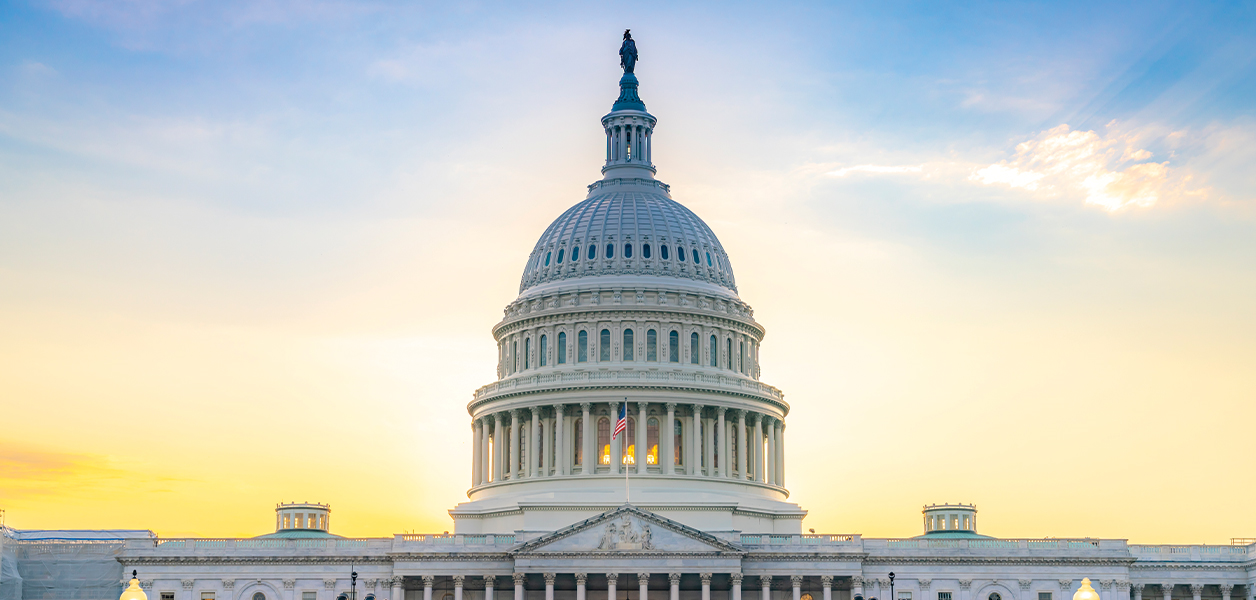House sets a tentative schedule to pass tax bill by Memorial Day
On April 10, the House passed FY25 Concurrent Budget Resolution as amended by the U.S. Senate to pave the way for tax and spending reform legislation that can be passed by a simple majority in both congressional chambers. Each chamber now will begin filling in the details and we are often reminded everything is on the table. There are a host of expiring or expired provisions of the 2017 Tax Cuts and Jobs Act that are key roofing industry priorities that are certain to be addressed. These include the 199A qualified business income deduction for pass-through entities and restoration of immediate research and development deduction. Then, there are the president’s priorities, which include the elimination of income taxes on tips, overtime and Social Security benefits and removing or raising the $10,000 cap on the deduction for state and local taxes. Each committee that has a section of the overall bill will hold a markup starting April 30.
Congress also is looking for ways to pay for these provisions. One idea being discussed is adding a top new 40% tax rate on income exceeding $1 million, which could raise about $400 billion over a decade. Another proposal being considered is adopting a new cap on the deductibility of state and local taxes (SALT) by business, which could turn out to be a major pay-for in a future tax bill and a roundabout corporate tax increase. One of the biggest ticket items would be reforming Medicaid to the tune of $800 billion in savings over 10 years. NRCA continues to meet with lawmakers to discuss how each of these proposals will affect the roofing industry.
Court reverses Trump administration’s termination of parole program
On April 14, a federal court issued a ruling that at least temporarily blocks the Department of Homeland Security from terminating parole status for foreign nationals from Cuba, Haiti, Nicaragua and Venezuela without a case-by-case review for each beneficiary. The parole program began during the Biden administration under a 1952 law to address migration and security issues at the U.S. southern border by offering individuals from the four countries a legal pathway to the U.S. for two years with the possibility of extension. Applicants must obtain a financial sponsor; enter legally through a port of entry; and pass background checks to become eligible for work authorization under the program. In a legal challenge, the judge ruled DHS did not make a “reasoned decision” in terminating the program, which was scheduled to take effect today. Given this court decision, parole-based work authorizations remain valid until automatic termination upon the expiration date on the original employment authorization document for the individual; DHS’s institution of removal proceedings against an individual; or a grant of voluntary departure. The court decision is expected to be appealed by the government, so further legal proceedings seem likely.
Trump administration continues focus on immigration enforcement
The Trump administration is expanding efforts to encourage undocumented immigrants to “self-deport” to accelerate immigration enforcement efforts. On April 15, President Trump indicated potential plans for a forthcoming “self-deportation program,” which may include a stipend and airline ticket provided to immigrants who choose to leave the U.S. on their own. This approach would combine financial incentives for voluntary departure with new penalties for remaining in the country without authorization. According to recent reports, under a 1996 law, individuals in the U.S. unlawfully are subject to fines of up to $998 per day, while those using the CBP Home app to leave voluntarily may be eligible for administrative benefits. The Department of Homeland Security has announced new nationwide and international advertising aimed at encouraging self-deportation.
President Trump has stated immigrants who leave voluntarily “could potentially have the opportunity to return legally at some point in the future,” though specific details have not been provided. The president also has suggested a future program that may allow qualifying individuals to self-deport and then have an employer sponsor them to return legally to the U.S. More information from DHS is expected soon.





